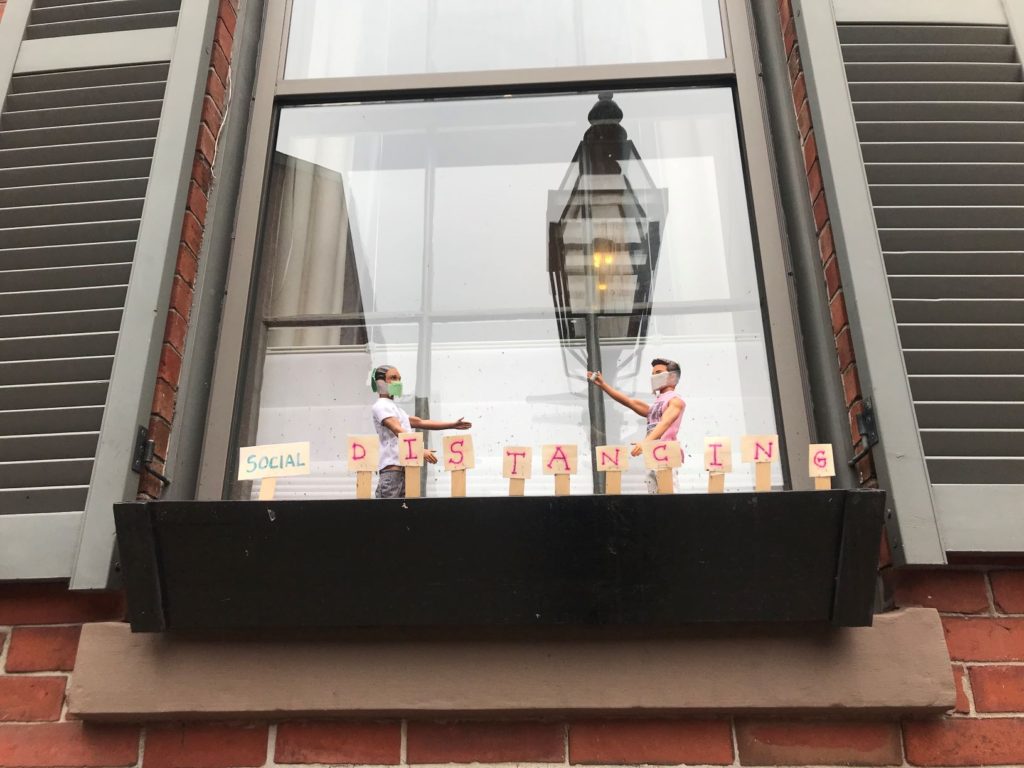COVID-19’s Impact on Boston Real Estate
This is an unedited re-post of an article originally published on May 2nd, 2020 during the first wave of Covid in Massachusetts. Since Q2 2020, the All-Transactions House Price Index for the Boston Metropolitan Statistical Area (MSA), as reported by the Federal Housing Finance Agency (FHFA), rose from 376.29 to 476.77 in Q4 2024. This represents an approximate 26.7% increase over the period.
We’ll get straight to the point – we don’t know how COVID-19 will impact real estate prices in the near term, medium term, or long term.
There is too much uncertainty right now around the many important variables: supply, demand, interest rates, credit standards, unemployment, foreclosures, treatments, vaccines, second waves, stay-at-home, working-from-home, aging-in-place, etc.
What we can tell you is what’s happening right now in the mortgage and residential market in and around Boston.
Mortgages
- Mortgage rates are starting to normalize in the low to mid 3% range for those with the best credit
- Some lenders, who are dealing with a wave of refinancing requests, are artificially inflating rates to turn business away since they’re having difficulty handling the current volume
- Refinancing is easier if you’re simply changing your interest rate and loan term; harder if you’re looking to take cash out
- Lenders will verify employment as close to the closing date as possible to make sure you’re still employed
- Appraisers and homeowners are both reluctant to do in-person appraisals so when they are required, many physical distancing precautions are taken
Residential Real Estate
- Open houses are very rare unless it’s new construction or the property is vacant; this will continue for the foreseeable future as buyers and sellers engage in social distancing
- Pre-recorded video tours and pre-scheduled, individual showings are the new normal
- Tire kicking and window shopping are out of the question; only serious, pre-qualified buyers are getting inside to see homes
- Listings are down, supply is low, and demand is unknown since many spring buyers are re-assessing their needs and financial situation
Catalysts For Change
- Massachusetts has been hit particularly hard by the coronavirus pandemic (3rd most cases in the US) because of our population density; Bostonians may look to move out of the city or buy a second home in a less dense area like the Cape or Berkshires
- With many working from home (and the potential for that to become a more common occurrence), homeowners are considering renovations to create a home office or even a larger home to accommodate
- We may see a boom in births over the next year which may require more spacious living arrangements for growing families
- We may also see a rise, unfortunately, in divorces which creates motivated sellers and the need for two homes
- And with long-term care facilities being hit particularly hard, older adults may prefer to age in their homes which would constrain the supply of starter inventory for younger generations

